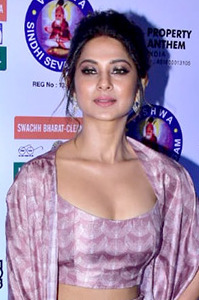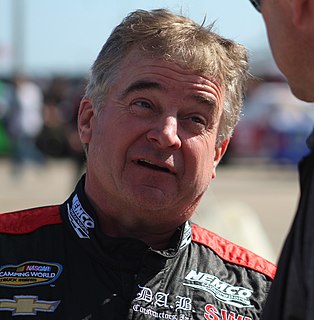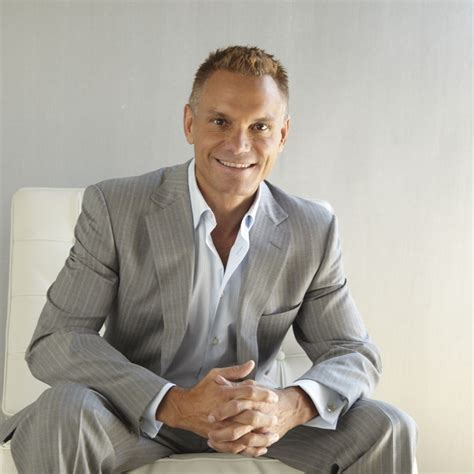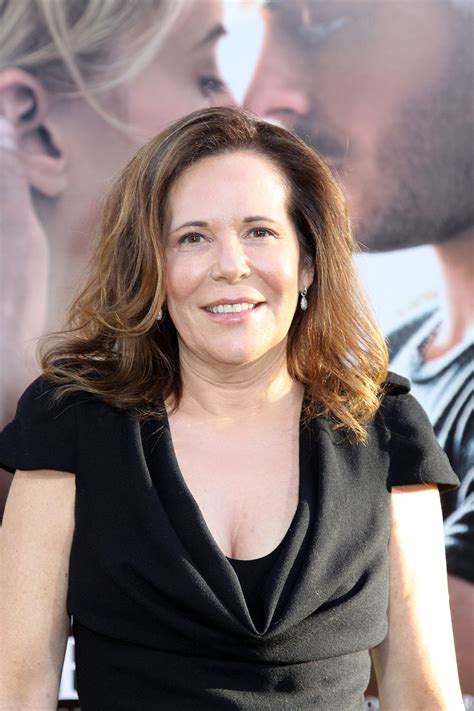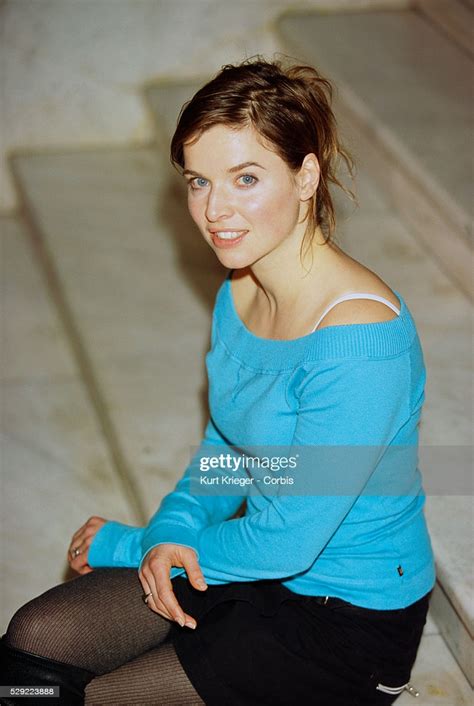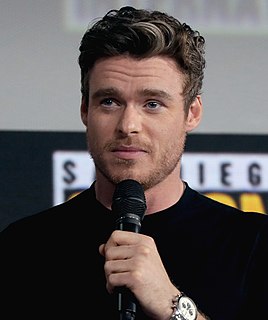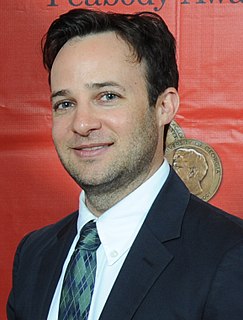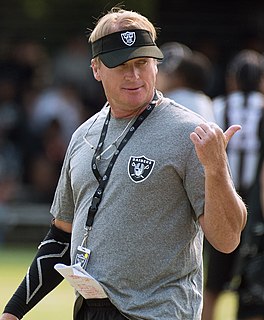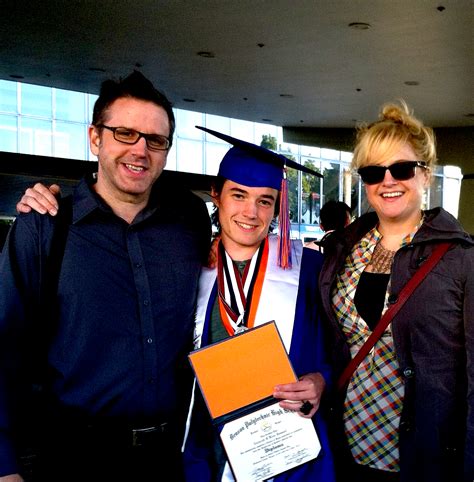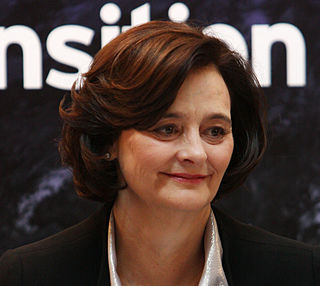A Quote by Jennifer Winget
Being part of the TV industry for so long, I have met and learned a lot from some exceptional women, be it actors, writers, or creatives.
Related Quotes
Being involved in NASCAR, I've learned a lot. I've met a lot of people. I've met a lot of special people. I've met some of our leaders. I've met some of the smartest people out there. I've met a lot of average folks. But they've all touched my life and made me look at things differently. I thank the Lord for my good days.
I learned a lot from Clint [Eastwood], who's an extremely economic director. I learned a lot from Michael Winterbottom, who really gave a lot of trust in the actors and allowed them to live in the space instead of trying to manipulate and make it too set and too staged. Working with [Robert] De Niro taught me a lot of being an actors' director and what that is. I've learned a lot from pretty much everybody. Hopefully I've picked up something from everybody I've worked with.
There are some really amazing artists and people behind the scenes who are really effective in championing feminism in the music industry, and I think that's really important for people in the industry and for young girls and guys to see. It should become universal. It's really about the other people understanding that everybody's equal and that women are equally as valid creatives, businesswomen, powerhouses...whatever you want to call them.
